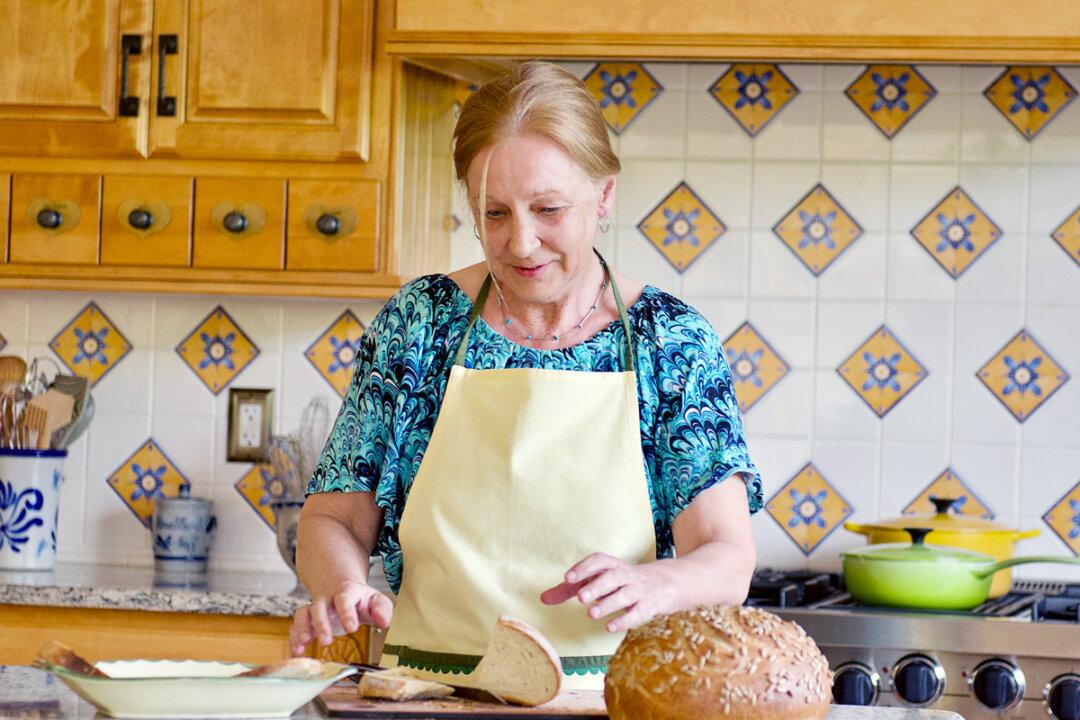She is affectionately called “Grandma” by everyone—not only by her grandchildren, but also by complete strangers. Born in Hesse, Germany, Yvonne Christ emigrated to the United States 33 years ago. Far from her homeland, she gradually realized her deep connection to German culture. This grandma has a big heart for people; community is important to her. That and a longing for a “Germany of yesteryear” have led her to share her memories and experiences with a wider audience.
On her blog The Oma Way (“oma” means “grandma” in German), she provides authentic insights into her life, recipes, and tips on practical housework and gardening. She spoke with The Epoch Times about her experiences in Germany and the United States, and what values she wants to pass on to her grandchildren.

